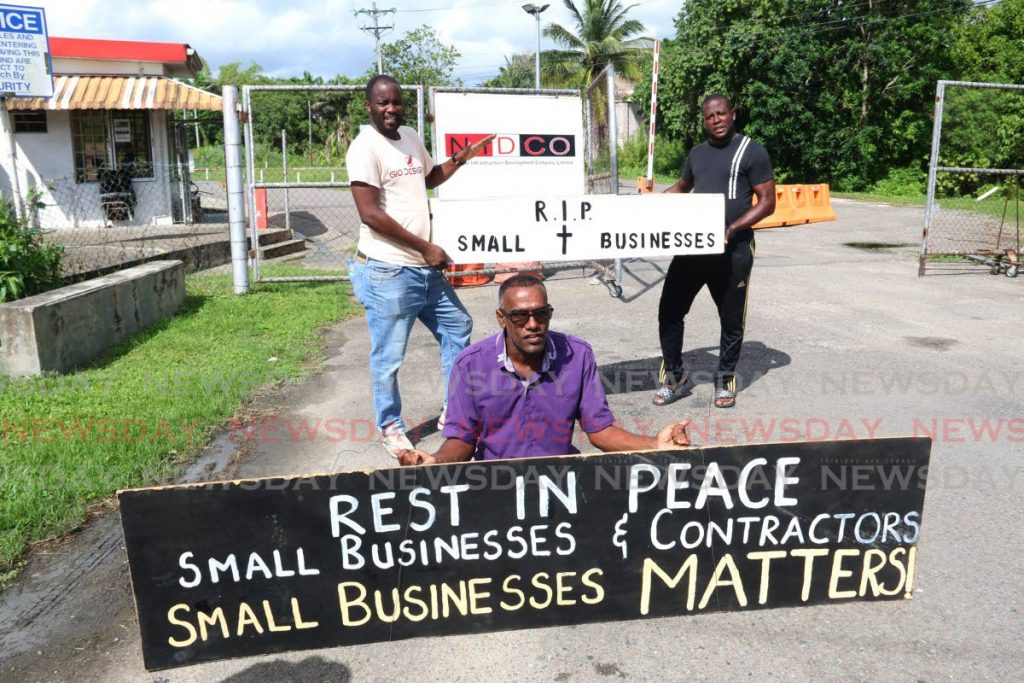Pandemic lockdowns cut like 'pharmacist's knife'

Parenting is one of the most difficult jobs in the world. It comes with very few instructions and the ones you remember tend to be the ones you learned from your own parents when you were six or seven. By that age, at least according to the Jesuits, the patterns that will determine the adult have been established. Unfortunately, the environment we now experience is totally different from what it was in our parents' day.
I am not sure I have ever believed the Jesuits on that theory, seeing how radically people have had to change and adapt to different situations and norms almost monthly over the last decade.
One of the things I do acknowledge is that with strong and determined-enough guidance, people, like the under-sevens, will take actions for their short-term good which are detrimental to their long-term good, often without checking the “facts” they assume to be true because they believe anything, and I mean anything, their Supreme Leader says.
Trump has been outstanding at that kind of persuasion, telling people, for example, that under his two predecessors, 12 and 17 million jobs were lost under each administration and under his, two million were gained, when it was officially recorded by his own government that the opposite was true.
His followers boasted on a BBC interview about the employment gains he claimed without either listening to or reading the actual statistics. Many people hear what they want to hear, not what they observe.
Do you remember Sparrow’s calypso Lying Excuses? The one where, when his wife was told of him being seen on the beach on top of a young woman pounding away furiously, he explained that an African bee had landed on her and that by throwing himself on top of her to save her from being stung he was just trying to kill the insect and protect her? “That is all! That is all! That is all!?”
That kind of of gaslighting happens in various political usages, including, but not limited to, one where people must be voted into power. Really effective democracy in an organisation demands an executive leadership that is willing to take unpopular decisions.
As the media has started to treat trade union leadership with the same serious coverage, they treat elections of political party leaders, the public has now been exposed to the actual leadership styles in institutions that affect the governance of our country.
Union leaders now must respect the humanity of managers when tough decisions must be made, as happens, as we have seen recently in a market economy affected by world events. And management must respect the humanity of union leaders who are voted into power and can be voted out when their campaign promises are not believed by an increasingly cynical and sometimes unrealistic electorate with expectations that simply cannot be filled.
People also must recognise that in industrial relations “the other side” is not one solid, unified mass opinion. There are different opinions and factions within union organisations as well as within the management of companies. We have all experienced them.
In life, wherever a strong leader emerges there will always be someone who will emerge to challenge their leadership. It is a law of political science. Be careful. Sometimes these challengers are formal and up front. Sometimes they are covert and smilingly hidden under the guise of support. There are members of the team willing to sacrifice the long-term good of the organisation for their own short-term pursuit of power, using the willingness of others to co-operate as a weapon to unseat the leaders, not because this will bring a long-term advantage to the organisation (or the country) but because it enhances their own sphere of influence.
What people sometimes fail to recognise is that wherever two or three are gathered to achieve an objective, there is politics. Not party politics, but the innate and very human need to attain power, influence and for some, dominance. It is like the proverbial “pharmacist’s knife.”
It can cut both ways, either to achieve genuine good for the objectives sought, whether these objectives are increased productivity to benefit all, or as Prof Ivan Illich pointed out, to keep the organisation going at all cost whatever the damage to individuals.
The effects of lockdowns, restrictive practices and the desperate scramble for survival of companies, trade unions and political parties over the last year have increased the stress levels and mental stamina of many, many people. In the Caribbean it has been distorting the capability of people to withhold judgement and to avoid stereotyping others, causing grievances to develop based on emotion rather than fact.
Organisational politics should be made a compulsory subject taught in every management programme at basic level. It is as essential as the study of maths and the use of English before anyone should be considered qualified to be in a position of management over any function or person. Those will be people willing to find leaders on both sides who want co-operation and will help them to achieve peace.
This will mean genuinely listening to what each side needs from the other, to convince their constituents that co-operation is in everyone’s interest.
In most instances, management must move first.


Comments
"Pandemic lockdowns cut like ‘pharmacist’s knife’"